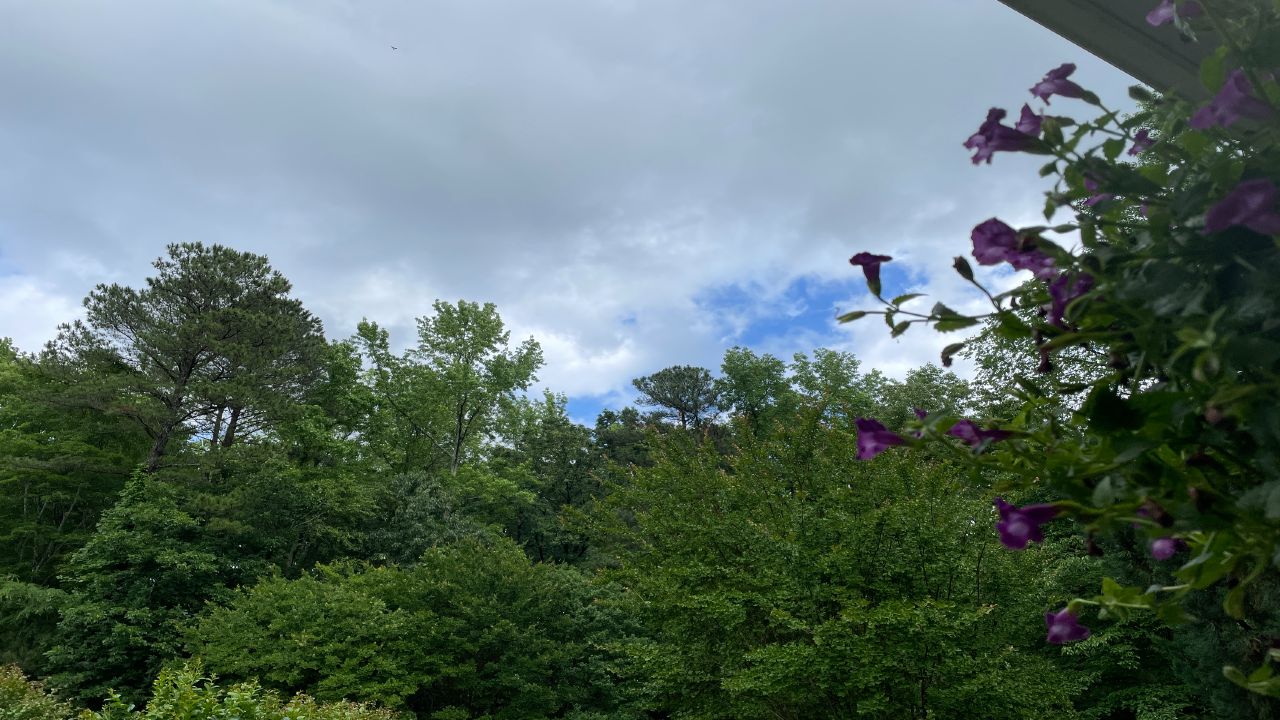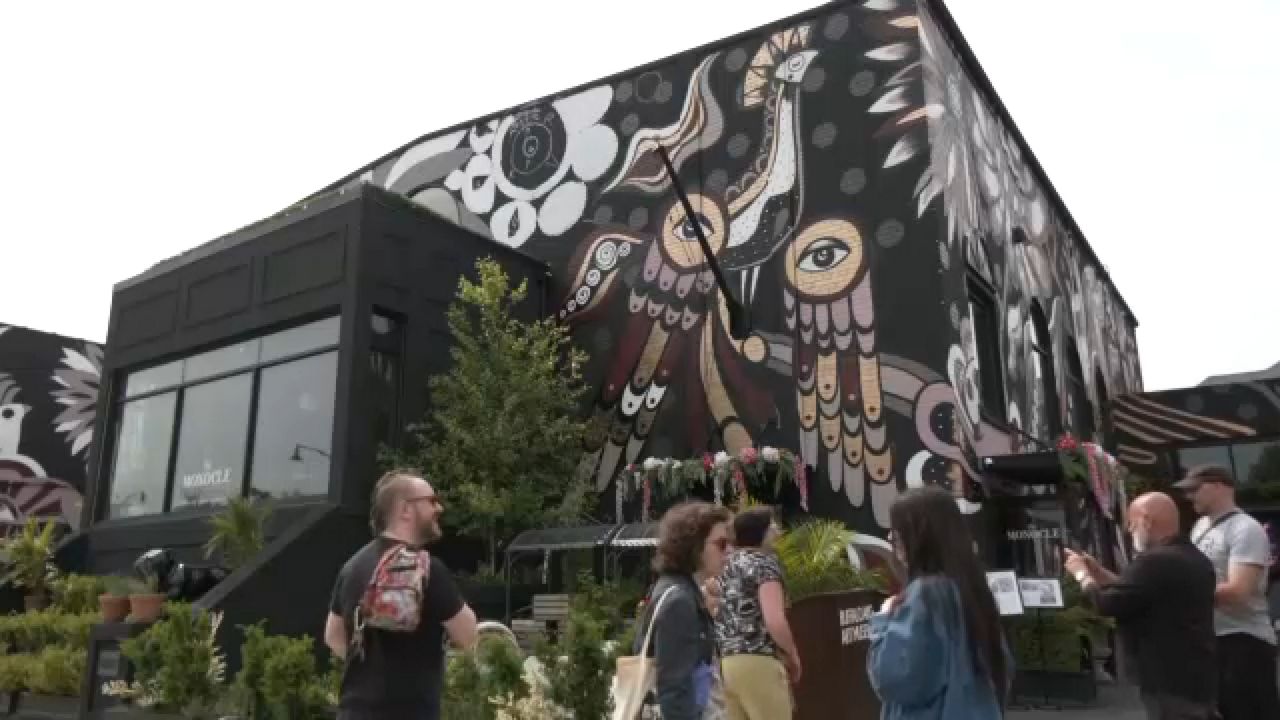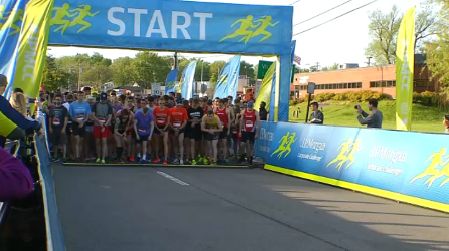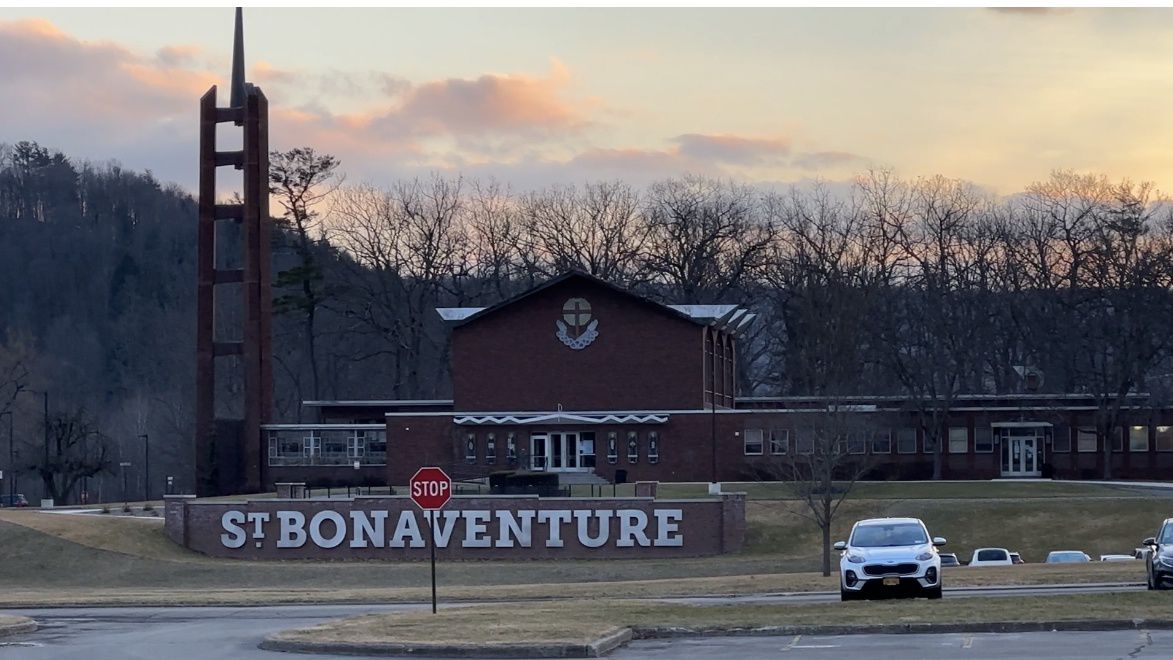You may have heard quite a bit lately about antibody testing for COVID-19. The state health department has been testing people this week, including locally at places like Wegmans.
The idea is to get a better picture of how many people have been infected by the virus.
"This is a challenging time but then you have to step up to the challenge and that's what we've been trying to do," said Dr. Sanjay Sethi, professor of medicine and division chief of pulmonary critical care medicine at the University at Buffalo's Jacobs School of Medicine and Biomedical Sciences.
He and his colleagues are in the midst of various research on the coronavirus. So we wanted to ask him about the antibody testing announced by Governor Cuomo and going on across the state this week.
Dr. Sethi explains that antibodies found in the blood are the natural way our bodies fight the virus.
"They're supposed to neutralize or kill the virus, so that's the normal response or the way the body deals with an infection, and theoretically those antibodies should be able to protect you or prevent reinfection," Sethi said.
UB researchers are working on therapies where plasma from the blood of donors who've already recovered from COVID-19 is given to people who are currently sick. Those antibodies could then help fight off the illness. Roswell Park Comprehensive Cancer Center is also studying this.
"The plasma is then given to COVID-19 infected patients and they do see some positive results, so those studies are ongoing," said Dr. Candace Johnson, Roswell Park president and CEO.
The state is testing about 3,000 people for the COVID-19 antibodies. Dr. Sethi says that sample should give us a good survey of how many people have had coronavirus and where the highest numbers are if the tests are reliable.
Over time, more testing could show trends in how the virus is spreading. It could also help the state decide in which regions to reopen the economy and how quickly.
"Theoretically when you're opening up, that person is theoretically able to be out there without being in too much risk of infecting other people and also not at risk to himself," Sethi said.
The antibodies could lead eventually lead to herd immunity. That happens when most people have been exposed, making them immune from the disease. Sethi says it would take at least 60-70 percent of the population to be infected to create that immunity naturally. Due to social distancing practices slowing the spread of the virus, that could take a long time to occur. However, Sethi believes it is realistic to think there will be a vaccine within a year.
"If we do have a vaccine, what it will do, it will not eliminate coronavirus but it will give a lot of us herd immunity and then that reduces the numbers down to manageable numbers,” Sethi said.
He added that scientists are still figuring out how long the antibodies would provide protection, or if people who've recovered can still carry small amounts of the virus and spread it.








